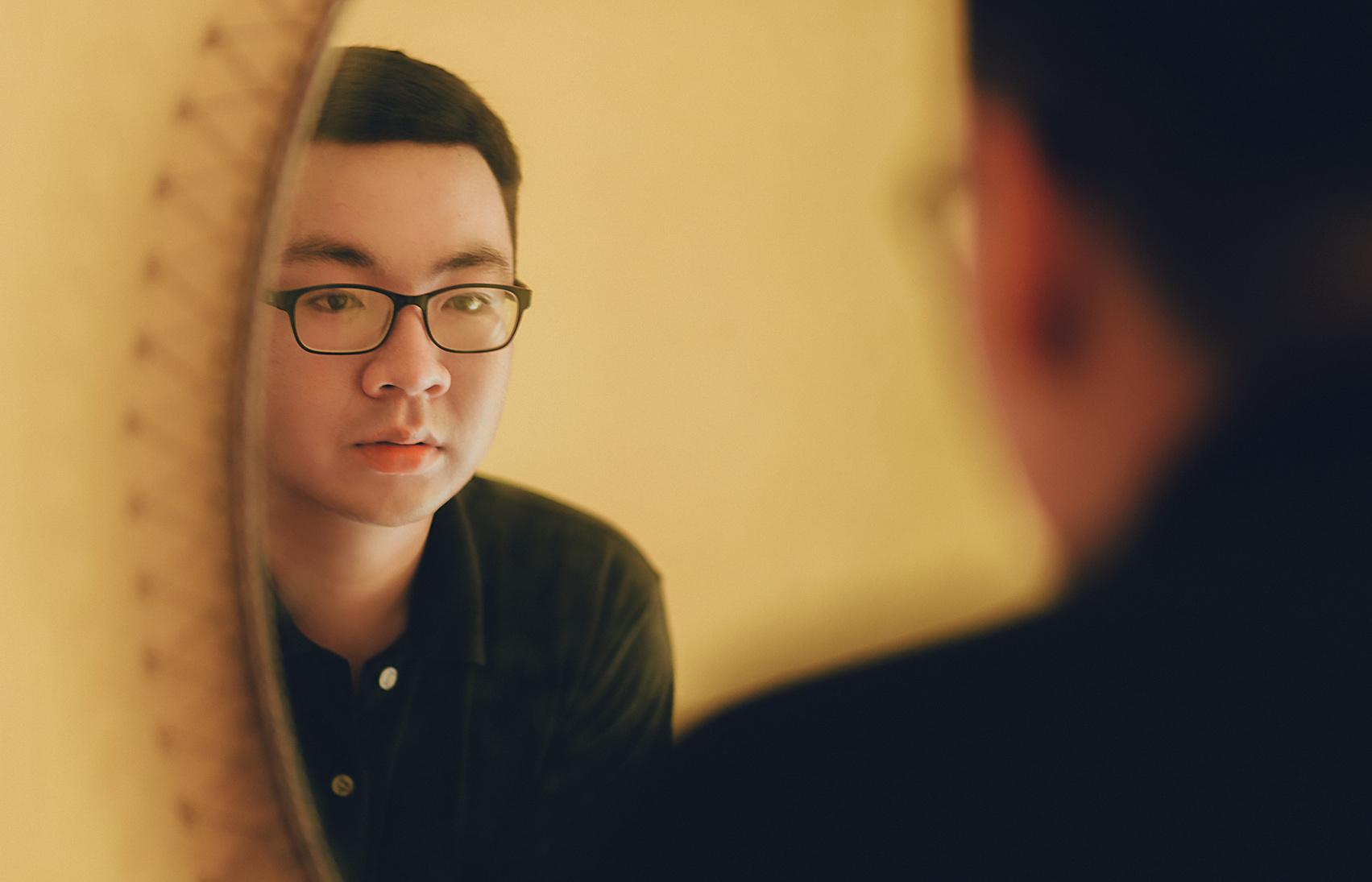
4 minute read
Imposter Syndrome as an Early Career Therapist
Professional Experience Article
“How long have you been a therapist?” The question every newly minted clinician dreads. Do I look too young? Are they going to take me seriously? How can I prove my skills? Imposter syndrome rears its ugly head in these moments. We start to think, “maybe I’m not ready to see clients. “I need more training.” “I’m not cut out for this.”
As an early career therapist, I am no stranger to these feelings My youthful appearance and soft spoken voice at times still feels like a handicap to my professional success Self-doubt overshadows my years of clinical training and thousands of hours spent with clients I shift into a scarcity mindset and start focusing on the experience and wisdom I don’t have, rather than acknowledging the value I already possess. Upon sharing these feelings with fellow newly licensed clinicians, I quickly realized I’m not alone. In the spirit of supporting the upcoming generation of therapists, I want to share some of the mindset tools I use to combat these imposter feelings.
Adopt an abundance mindset. Scarcity mindset is a chronic feeling of not having enough of something, whether that be time, career prospects, experience, etc, and often becomes a self-fulfilling prophecy For early career therapists, this can look like not applying to better jobs, based on the belief that they don’t have enough experience to be considered. Or not reaching out to other professionals because it feels like they have nothing of value to offer an established clinician. On the contrary, an abundance mindset operates on the belief there are infinite opportunities for growth and learning. Rather than focusing on what they don’t have, abundance minded individuals acknowledge the value they already possess and see opportunities for continued development An early career therapist with an abundance mindset shows up to their client sessions confident in their skills and feels excited by the prospect to deepen their therapeutic knowledge and abilities throughout their professional careers.
Stop the comparisons. Comparing ourselves to others creates a distorted view of reality We tend to focus on the highlights and achievements of those we compare ourselves to, turning a blind eye to the challenges and sacrifices they experienced along their own journeys As new therapists, we are at risk of falling into the comparison trap, measuring our success against established clinicians and feeling a deep sense of inadequacy We start to chase external validation, rather than allowing authentic passion to be our guide, leading to more imposter feelings and self-doubt. An effective way to combat this comparison is by having a clear picture of your own path to success, strongly tied to your personal values. Once this path is clear in your mind, you can use it as an anchor to bring yourself back when the comparison traps starts to pull you away.
Ask for support. Being a new therapist can feel lonely at times, especially when you are working fully remote or in private practice Imposter syndrome grows in isolation Hearing about other therapist’s professional journeys, including the good, the bad, and the ugly helps normalize the challenges of being a novel clinician. Reaching out for support is one of the best strategies for stopping imposter feelings in their tracks. Find your tribe and lean on them when you start to question your worth as a helping professional.
Every clinician, whether they have 20 years of experience or two years of experience starts off as an early career therapist In summary, embrace your own career path, focus on the value you provide as a young professional, seek opportunities for growth, and lean on your support network Your age doesn’t have to hold you back.
Written By: Erika Barr, LMHC
Erika is a Florida state Licensed Mental Health Counselor and private practice owner based in Fort Lauderdale, FL She specializes in helping high achievers overcome the limiting self beliefs and scarcity mindset that keeps them from reaching their professional, sport, academic and relationship goals. She earned her Master’s Degree in Counseling and Sport Psychology from Boston University, becoming a certified mental performance consultant through the Association For Applied Sport Psychology.









